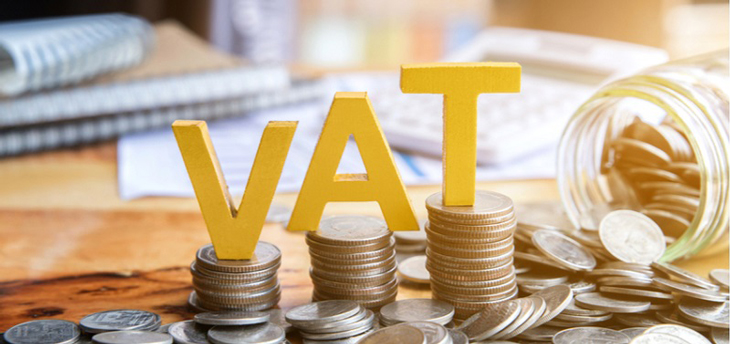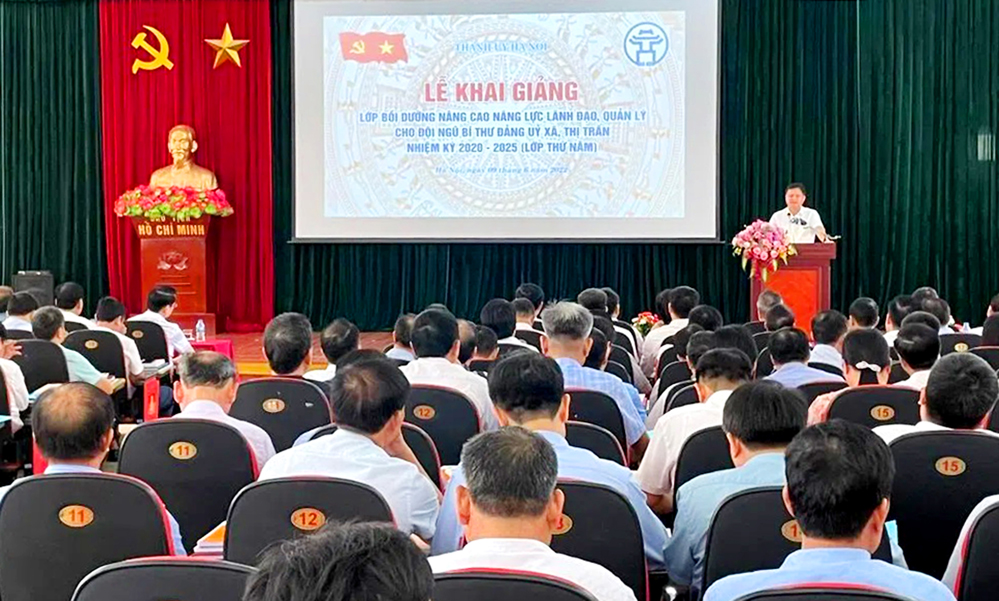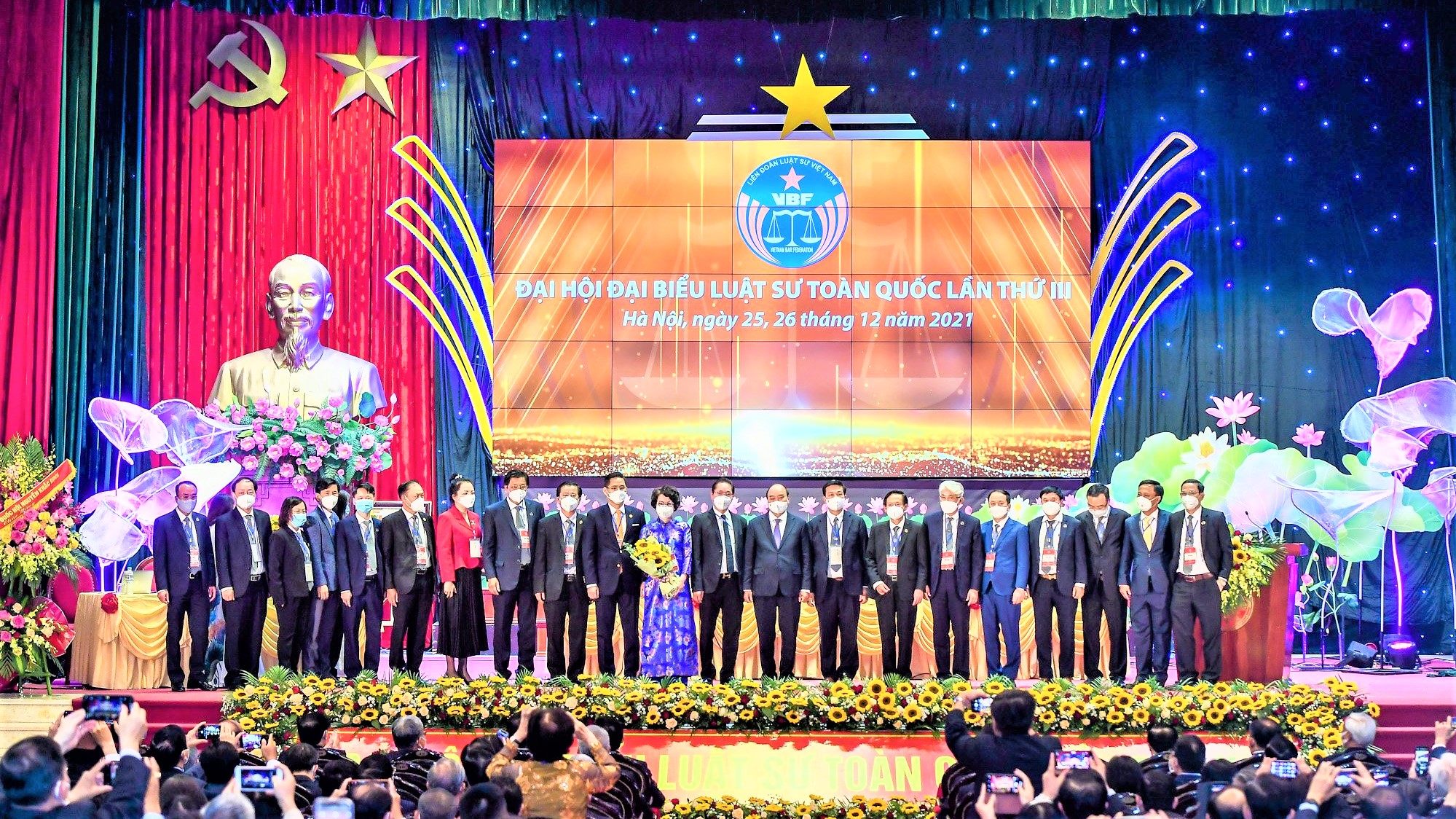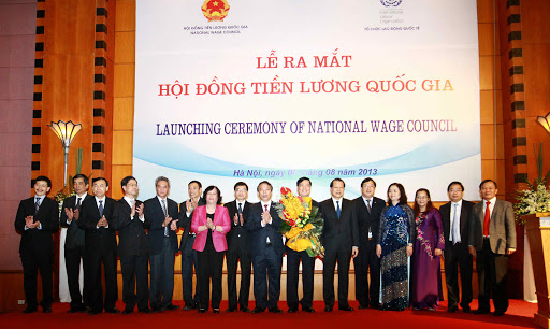The Government of Vietnam to put forward Revised VAT Bill with haste
Is it true that the Government agrees that the VAT Bill (amended) should be prepared and submitted with haste? – Minh Dang (Ninh Thuan)

The Government of Vietnam to put forward Revised VAT Bill with haste (Internet image)
Regarding this matter, LawNet would like to answer as follows:
This is the content mentioned in Resolution 49/NQ-CP dated April 17, 2024, on the topic-specific meeting on legal formation in April 2024 issued by the Government.
The Government of Vietnam to put forward Revised VAT Bill with haste
Specifically, the Government of Vietnam agrees that the VAT Bill (amended) should be prepared and submitted with haste in order to fully institutionalize the Party's guidelines and policies on completing the legal framework fully, uniformly, and stably, ensuring that the VAT policy is in line with practical requirements, and resolving difficulties and obstacles in the implementation of the current Law on VAT.
The draft law content is consistent with the policies proposed in the formation of the Revised VAT Bill, which was approved by the government in Resolution 115/NQ-CP dated July 28, 2023, at the topic-specific meeting on legal formation in April 2024.
At the same time, the Ministry of Finance is assigned to lead and coordinate with relevant ministries and agencies in researching and apprehending the opinions of government members and stakeholders during the government session; enhancing consultations with experts, scientists, associations, businesses, and affected entities to improve the bill, and ensuring the following requirements:
- Fully institutionalize the Party's guidelines and policies, the state's policies on improving the VAT policy in accordance with the practical situation in Vietnam and international practices, ensuring transparency and harmony between the interests of the state and the interests of the people and businesses, while promoting domestic production, export of goods and services, and stimulating the three main economic drivers: consumption, investment, and exports.
- Supplement and thoroughly review the related legislative documents that are relevant to the content of the draft law, promptly detect and propose solutions to address any inconsistencies or contradictions between the provisions of the current laws and the proposed amendments in the draft law, ensuring the consistency and unity of the legal system; provide detailed explanations of the amendments and additions to each provision in the draft law, including the inheritance of provisions of the current Law on VAT, the newly proposed amendments in the draft law, ensuring the requirements for decentralization, empowerment, and administrative procedure reform.
- Research and review the legalization of issues that have been stably and uniformly applied, in line with the situation and practical requirements; for issues that are still unstable or need adjustment during implementation to be in line with the practical needs and requirements of the country's economic and social development, the regulations should be principle-based, and the competent authorities should be responsible for providing detailed regulations to ensure flexibility and proactive adjustments when necessary, such as regulations on the revenue threshold for tax-exempt sales of goods and services by households and individual businesses; regulations on the value of non-cash payment documents for goods and services purchased separately, etc.
- Regarding the provision on tax-exempt subjects: the Ministry of Finance should study and apprehend the opinions of government members, thoroughly review all goods, services/categories of goods, services that are exempt from VAT to ensure consistency and coherence with the relevant specialized laws in each sector; if necessary, some types of goods and services that are considered to be exempt from VAT to meet practical requirements and ensure the true nature of goods and services exempt from VAT.
- Regarding the regulation on export services subject to 0% tax: the Ministry of Finance shall continue to consult international experiences and assess practical implementation to study the criteria, principles for classification, and determination of export services as a basis for regulating cases where 0% tax is applied to export services, ensuring fairness and the true nature of export services, while satisfying the state management requirements with the interests of businesses in the export sector.
- Regarding the regulation on VAT refunds: The Ministry of Finance shall thoroughly review the regulations on the cases and conditions for VAT refunds, ensuring reasonableness, feasibility, transparency, and convenience for individuals and businesses; study the regulations on VAT refunds for cases of ownership conversion, business conversion, merger, consolidation, division, and termination of operation to ensure feasibility; provide specific and appropriate regulations on the procedures, responsibilities of tax authorities, tax officials, and relevant agencies, organizations, and individuals, ensuring consistency and coherence with the tax management regulations.
More details can be found in Resolution 49/NQ-CP, dated April 17, 2024.
- Special cases applying the standards for professional titles upon the appointment of leading officials in Vietnam
- Standards for the title of Head of the Department and equivalent under the Ministry in Vietnam as of May 1, 2024
- Standards for appointment of Director General and equivalent in Vietnam as of May 1, 2024
- What are cases of resigning from positions in the forces participating in the protection of security and order at the grassroots level in Vietnam?
- The Ministry of Health to rectify the quality of hospitals and warn of the risk of medical incidents in Vietnam
- The Ministry of Industry and Trade of Vietnam's announcement of the base prices of popular petroleum products on the market on April 25, 2024
-

- Scope of activities of healthcare workers in agencies ...
- 14:30, 03/01/2024
-

- Specific expenditures on benefits for leaders ...
- 08:36, 16/06/2023
-

- Lawyers who leave during Vietnam's National Congress ...
- 15:46, 07/10/2022
-

- Regulations on Vietnam's Fund for Prevention and ...
- 10:09, 07/10/2022
-

- What are the functions and duties of Vietnam's ...
- 11:15, 07/10/2022
-

- Special cases applying the standards for professional ...
- 20:06, 30/04/2024
-

- Standards for the title of Head of the Department ...
- 20:07, 29/04/2024
-

- Standards for appointment of Director General ...
- 10:07, 28/04/2024
-

- Notable documents of Vietnam in the previous week ...
- 16:44, 27/04/2024
-

- What are cases of resigning from positions in ...
- 09:07, 27/04/2024
 (1).png)
 Article table of contents
Article table of contents
